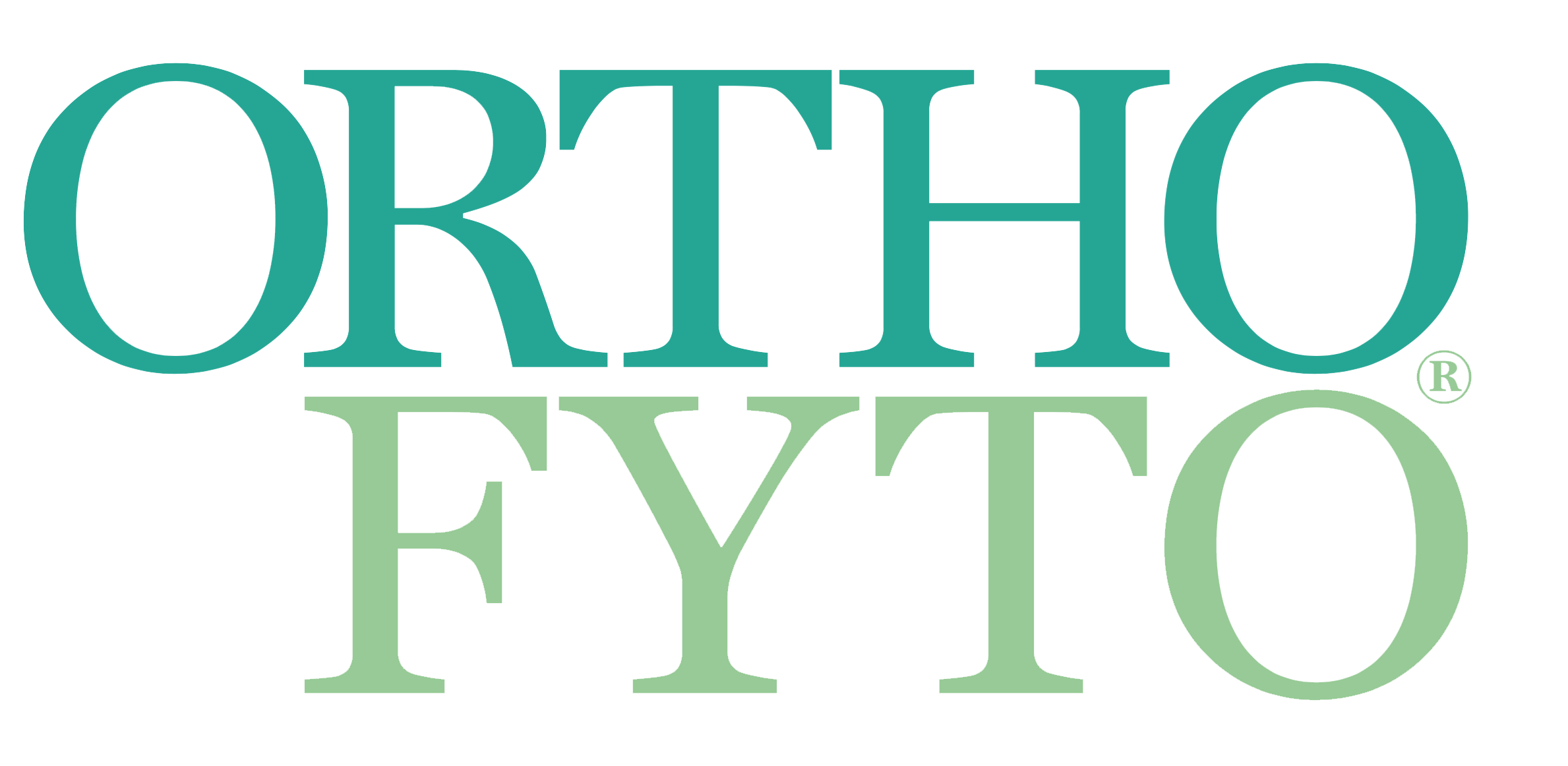Saffraankrokus
25 May, 2021
Door: Geert Verhelst
Sinds we met Covid-19 en allerlei drastische maatregelen geconfronteerd worden, zien we klachten van depressiviteit fors toenemen. Enkele jaren geleden werd berekend dat 17 à 21 procent van de westerse bevolking met een vorm van depressiviteit te maken zou krijgen. Die cijfers worden ongetwijfeld naar boven bijgesteld. Naast een aangepaste levensstijl en professionele begeleiding kunnen we gelukkig ook natuurlijke middelen inzetten. Met saffraankrokus aan de top.
Tegenwoordig is een aantal medicinale toepassingen van de zeer kostbare saffraanstampers duidelijk onderbouwd, zoals het nut ervan bij depressiviteit. De saffraankrokus (Crocus sativus) is een prachtige plant, behorende tot de lissenfamilie (Iridaceae). Ze is afkomstig uit Zuidwest-Azië en wordt al meer dan 3500 jaar geteeld; wellicht voor het eerst in Perzië. Meer dan 90% van de huidige wereldproductie is afkomstig uit Iran, dat vermoedelijk ook de hoogste kwaliteit aanlevert. De saffraankrokus bloeit in de herfst gedurende een achttal dagen met violette bloemen, die binnenin drie gele meeldraden en drie lange, bloedrode stampers dragen. Al sinds de oudheid was men vooral geïnteresseerd in die stampers of ‘stigmata’, die zowel als specerij, aroma, kleurstof of traditioneel medicijn werden ingezet.
De opbeurende werking van saffraan is goed onderbouwd. Zeker als gewerkt wordt met een totaalextract van de saffraanstampers, dat alle inhoudsstoffen in een natuurlijke harmonische synergie bevat. Veelal wordt een dergelijk extract weliswaar gestandaardiseerd op 2% safranal, maar het bevat daarnaast equivalente hoeveelheden van andere inhoudsstoffen zoals crocine, crocetine, picrocetine. In twee placebogecontroleerde studies met 40 patiënten met milde tot matige depressie leidde de inname van 30 mg saffraanextract (2% safranal) per dag gedurende 6 weken tot een significante verbetering van de gemoedstoestand ten opzichte van placebo.1,2
In een vergelijkende studie was het antidepressief effect van 30 mg saffraanextract/dag (2% safranal) bij milde tot matige depressie even goed als dat van het antidepressivum imipramine (100 mg/dag), waarbij de imipraminegroep meer bijwerkingen vertoonde (droge mond, sufheid).3
Lees het gehele artikel vanaf pagina 41 in OrthoFyto 3/21.
Wilt u het gehele artikel als PDF bestand ontvangen? Bestel het dan hier voor € 3,50.
Bronvermelding:
1. Moshiri E, Basti AA, Noorbala AA, Jamshidi AH, Hesameddin Abbasi S, Akhondzadeh S. Crocus sativus L. (petal) in the treatment of mild-to-moderate depression: a double-blind, randomized and placebo-controlled trial. Phytomedicine. 2006 Nov;13(9-10):607-11. Epub 2006 Sep 18.
2. Akhondzadeh S, Tahmacebi-Pour N, Noorbala AA, Amini H, Fallah-Pour H, Jamshidi AH, Khani M. Crocus sativus L. in the treatment of mild to moderate depression: a double-blind, randomized and placebo-controlled trial. Phytother Res. 2005 Feb;19(2):148-51.
3. Akhondzadeh S, Fallah-Pour H, Afkham K et al. Comparison of Crocus sativus L. and imipramine in the treatment of mild to moderate depression: a pilot double-blind randomized trial [ISRCTN45683816]. J Affect Disord. 2014 Feb;155:216-22.
4. Shahmansouri N, Farokhnia M, Abbasi SH et al. A randomized, double-blind, clinical trial comparing the efficacy and safety of Crocus sativus L. with fluoxetine for improving mild to moderate depression in post percutaneous coronary intervention patients. BMC Complement Altern Med. 2004 Sep 2;4:12.
5. Akhondzadeh Basti A, Moshiri E, Noorbala AA, Jamshidi AH, Abbasi SH, Akhondzadeh S. Comparison of petal of Crocus sativus L. and fluoxetine in the treatment of depressed outpatients: a pilot double-blind randomized trial. Prog Neuropsychopharmacol Biol Psychiatry. 2007 Mar 30;31(2):439-42.
6. Lopresti AL, Drummond PD. Saffron (Crocus sativus) for depression: a systematic review of clinical studies and examination of underlying antidepressant mechanisms of action. Hum Psychopharmacol. 2014 Nov;29(6):517-27. Epub 2014 Sep 22. Review.
7. Tóth B, Hegyi P, Lantos T, Szakács Z, Kerémi B, Varga G, Tenk J, Pétervári E, Balaskó M, Rumbus Z, Rakonczay Z, Bálint ER, Kiss T, Csupor D. The Efficacy of Saffron in the Treatment of Mild to Moderate Depression: A Meta-analysis. Planta Med. 2019 Jan;85(1):24-31. doi: 10.1055/a-0660-9565. Epub 2018 Jul 23. Review.
8. Ahmadpanah M, Ramezanshams F, Ghaleiha A, Akhondzadeh S, Sadeghi Bahmani D, Brand S. Crocus Sativus L. (saffron) versus sertraline on symptoms of depression among older people with major depressive disorders-a double-blind, randomized intervention study. Psychiatry Res. 2019 Dec;282:112613. doi: 10.1016/j.psychres.2019.112613. Epub 2019 Oct 12. PMID: 31669837.
9. Lopresti AL, Smith SJ, Hood SD, Drummond PD. Efficacy of a standardised saffron extract (affron®) as an add-on to antidepressant medication for the treatment of persistent depressive symptoms in adults: A randomised, double-blind, placebo-controlled study. J Psychopharmacol. 2019 Nov;33(11):1415-1427. doi: 10.1177/0269881119867703. Epub 2019 Sep 2. PMID: 31475623.
10. Akhondzadeh S, Mostafavi SA, Keshavarz SA, Mohammadi MR, Hosseini S, Eshraghian MR. A placebo controlled randomized clinical trial of Crocus sativus L. (saffron) on depression and food craving among overweight women with mild to moderate depression. J Clin Pharm Ther. 2020 Feb;45(1):134-143.
11. Agha-Hosseini M, Kashani L, Aleyaseen A, Ghoreishi A, Rahmanpour H, Zarrinara AR, Akhondzadeh S. Crocus sativus L. (saffron) in the treatment of premenstrual syndrome: a double-blind, randomised and placebo-controlled trial. BJOG. 2008 Mar;115(4):515-9.
12. Modabbernia A, Sohrabi H, Nasehi AA, Raisi F, Saroukhani S, Jamshidi A, Tabrizi M, Ashrafi M, Akhondzadeh S. Effect of saffron on fluoxetine-induced sexual impairment in men: randomized double-blind placebo-controlled trial. Psychopharmacology (Berl). 2012 Oct;223(4):381-8. Epub 2012 May 3.
13. Saroukhani S, Sohrabi H, Modabbernia A, Nasehi AA, Jamshidi A, Ashrafi M, Mansouri P, Ghaeli P, Akhondzadeh S. Saffron for treatment of fluoxetine-induced sexual dysfunction in women: randomized double-blind placebo-controlled study. Kashani L, Raisi F. Hum Psychopharmacol. 2013 Jan;28(1):54-60. Epub 2012 Dec 20.
14. Hatziagapiou K, Kakouri E, Lambrou GI, Bethanis K, Tarantilis PA. Antioxidant Properties of Crocus Sativus L. and Its Constituents and Relevance to Neurodegenerative Diseases; Focus on Alzheimer's and Parkinson's Disease. Curr Neuropharmacol. 2019;17(4):377-402. doi:10.2174/1570159X16666180321095705.
15. Rezaee R, Hosseinzadeh H. Safranal: from an aromatic natural product to a rewarding pharmacological agent. Iran J Basic Med Sci. 2013 Jan;16(1):12-26. PMID: 23638289; PMCID: PMC3637901.
